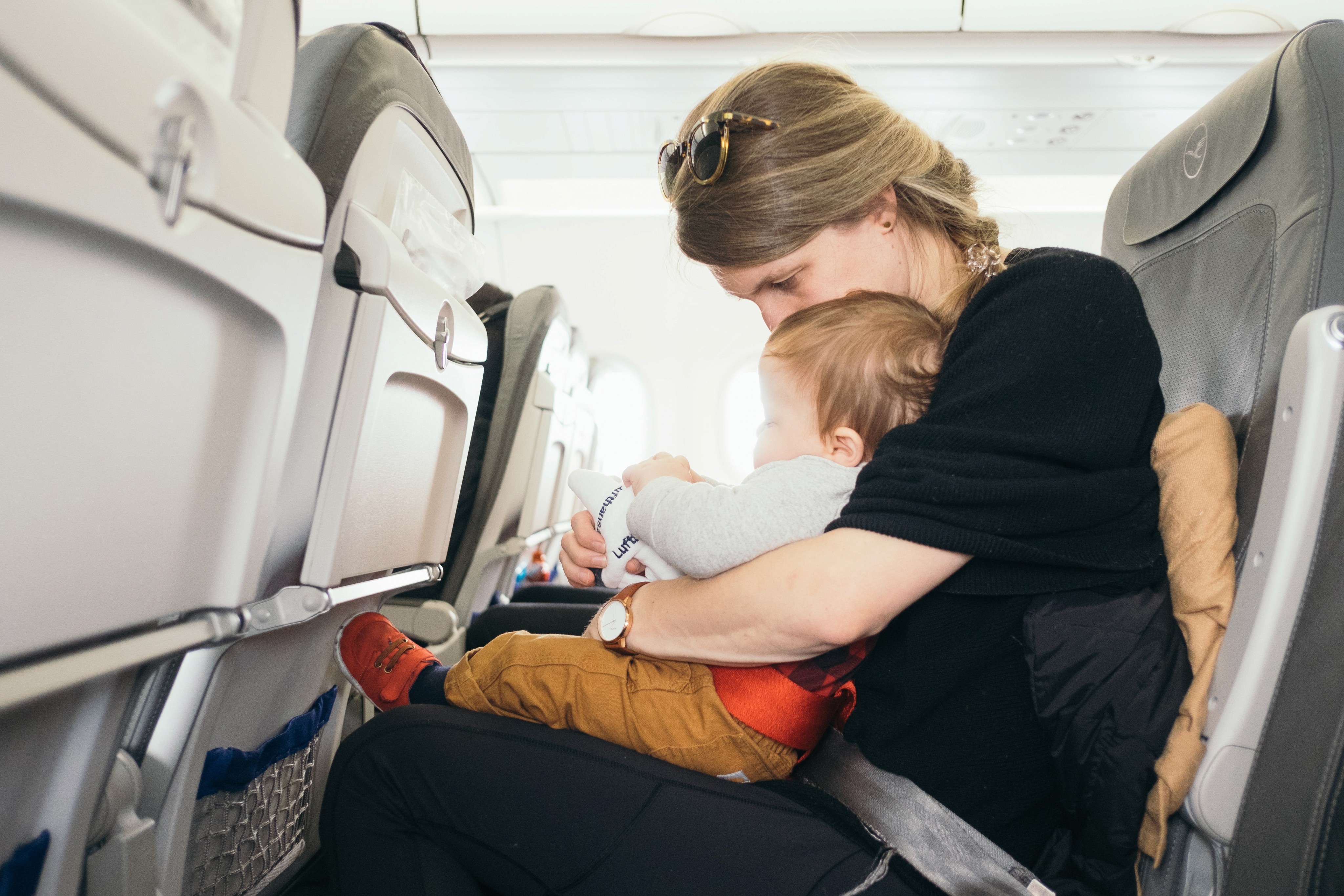
Introduction
Air travel, while convenient and efficient, can be a source of stress for many travellers. In this blog post, we'll explore the various factors that contribute to the stress of flights and provide coping strategies to help make the flying experience more manageable.
Uncertainty and Unfamiliarity
The uncertainty and unfamiliarity associated with air travel can trigger stress. From navigating the airport to understanding boarding procedures, travellers may feel anxious in new environments.
Security and Screening Procedures
The stringent security and screening procedures at airports can be intimidating for some passengers, leading to feelings of stress and apprehension.
Flight Delays and Cancellations
Flight delays and cancellations are common occurrences that disrupt travel plans and create uncertainty, resulting in stress and frustration.
Fear of Flying
A fear of flying, also known as aviophobia, can cause significant stress for individuals who experience anxiety or panic attacks when boarding an aircraft.
Long Queues and Waiting Times
Long queues at check-in counters, security checkpoints, and boarding gates can be tiresome and contribute to feelings of stress.
Lack of Control
For some travellers, the lack of control during a flight can induce stress. Being in an enclosed space with no ability to influence the journey can be unsettling.
Tight Spaces and Discomfort
Cramped seating, lack of legroom, and limited personal space can lead to physical discomfort and add to the overall stress of the flight.
Turbulence and In-Flight Anxieties
Experiencing turbulence during a flight can trigger anxiety for some passengers, causing stress during the journey.
Coping Strategies
Be Prepared: Familiarise yourself with the flight process, airport layout, and security procedures to reduce feelings of uncertainty.
Arrive Early: Arriving at the airport early can alleviate stress and give you ample time to navigate check-in and security.
Deep Breathing and Relaxation Techniques: Practise deep breathing and relaxation exercises to manage anxiety and stress during the flight.
Entertainment and Distractions: Bring books, movies, or music to keep your mind occupied during the flight.
Inform the Crew: If you have a fear of flying or specific anxieties, inform the flight attendants discreetly, so they can provide support if needed.
Choose Comfortable Seating: If possible, choose seats that offer more legroom or are located in a less noisy area of the plane.
Focus on the Destination: Keep the excitement of your destination in mind to shift your focus away from flight-related stress.
Conclusion
While flights can be stressful for various reasons, understanding the causes and implementing coping strategies can help make the flying experience more manageable and enjoyable. Embrace the journey with a positive mindset and look forward to the adventures that await you at your destination. Remember, every flight is a step closer to new experiences and memories that will enrich your life.